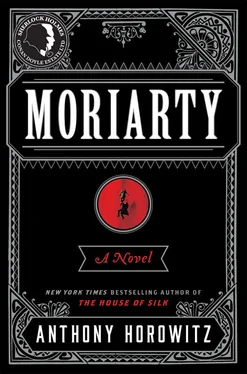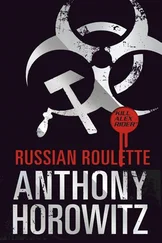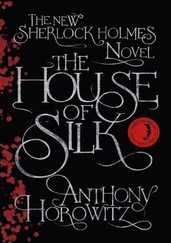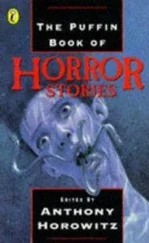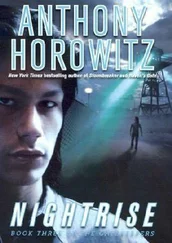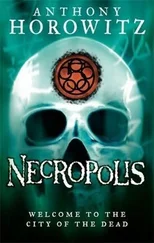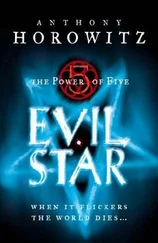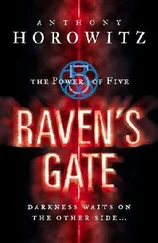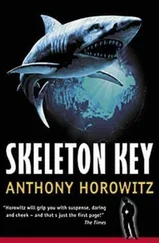As the year 1890 drew to a close, I was very comfortable and confident that my career would continue to thrive. There was not a felon in London who did not work for me. There had, inevitably, been bloodshed along the way but things had settled down and all that was behind me. Even the meanest and most feeble-minded criminals had come to appreciate that they were better off working under my protection. Yes, I took a goodly share of their profits but I was always there when circumstances turned against them, readily paying for their bail or defence. I could also be very useful. A cracksman searching for a fence? A swindler desirous of a false referee? I brought them together, opening doors in more than one sense.
There was, of course, Sherlock Holmes. The world’s greatest consultant detective could not fail to come to my attention but curiously I never gave him much thought. Did I have anything to do with the absurd Musgrave ritual or the equally unlikely Sign of Four? What did I care about the marriage of Lord St Simon or that trivial scandal in Bohemia? I know Watson would have you think that we were great adversaries. Well, it helped his sales. But the fact was that we were operating in quite separate fields of activity and, but for a single occurrence, we might never have met.
That occurrence was the arrival of Clarence Devereux and his entourage—Edgar and Leland Mortlake and Scotchy Lavelle. Everything that I told Athelney Jones about them was true. They were vicious criminals who had enjoyed spectacular success in America. What was not true, however, was my assertion that they intended to join forces with me. Quite the contrary, they came to England to stamp me out, to take over my criminal empire, and in the months that followed, they acted with a speed and violence that took me quite by surprise. Using the foulest methods, they turned my followers against me. Anyone who protested, they killed—always bloodily, as a warning to everyone else. They also used police informers against me, feeding information both to Scotland Yard and to Holmes so that I found myself fighting a war on three fronts. So much for honour among thieves! Perhaps I had become over-confident. Certainly I was unprepared. But I will say this much in my own defence: they were not gentlemen. They were Americans. They paid not the slightest attention to the rules of sportsmanship and civility to which I had always deferred.
Well, I have already said that criminals are stupid. To that I should have added that they are also self-serving. Very quickly, my associates realised which way the wind was blowing and ‘fell in line’, as I believe the saying goes. One by one, my closest advisors abandoned me. I cannot blame them. I think, had I been in their shoes, I would have done the same. At any event, by the start of April I found myself, unbelievably, a fugitive. My one advantage was that Devereux had no idea what I looked like and could not find me. He would have killed me if he had.
At this point, I had just three close allies. All of them have already appeared in this narrative.
Peregrine, Percy or Perry was perhaps the most remarkable of the three. Although almost impossible to believe, he had begun life as the youngest son of the Duke of Lomond and would have been entitled to a comfortable, even a cosseted, life had he not taken violent exception to the private school in Edinburgh where he had been sent at the age of seven. The place was run by Jesuits who gave their students the Bible and the birch in equal measure and, after one week, Perry ran away and came south to London. His despairing parents began a nationwide search and offered a huge reward for information as to his whereabouts, but a boy who is determined not to be found will not be, and Perry disappeared cheerfully into the metropolis, sleeping under arches and in doorways in the company of the thousands of other children who somehow managed to scratch a living in the capital. For a short while—and there is a certain irony in this—he was a member of the Baker Street Irregulars, the gang of street urchins who attended upon Sherlock Holmes, but the wages were derisory and anyway, Perry had quickly discovered that he preferred crime. I am deeply fond of him but I will admit that there is something quite disturbing about him, perhaps a result of cross-breeding within the Lomond family. By the time I met him, he was eleven years old and had already, to my knowledge, killed at least twice. He killed more frequently after I had taken him into my service—there was no preventing it—and I must add, somewhat regretfully, that his bizarre bloodlust could occasionally be useful to me. Nobody ever noticed Perry. He seemed to be nothing more than a blond, rather plump child, and with his fondness for disguises and theatricality he could inveigle himself into any room, any situation. He found his métier with me. I will not say that I became a second father to him—it would have been far too dangerous as Perry had a loathing of authority figures and would gladly have murdered the first. But we were, in our own way, close.
I need write less about Colonel Sebastian Moran. I have described him already and Dr Watson will provide any further information you may require. Educated at Eton and Oxford, a soldier, gambler, big-game hunter and, above all, sniper, Moran was my first lieutenant for many years. We were never friends. That simply was not his way. Gruff in manner and prone to almost uncontrollable fits of rage, the wonder is that he stayed with me for as long as he did and, in truth, he only did so because I paid him handsomely. He would never have joined Devereux for he had a strong antipathy towards Americans—indeed, to many foreigners—and that marked him out from the start. If I remind you that his weapon of choice was a silenced airgun, invented by the German mechanic Leopold Von Herder, you will perhaps be able to work out his role in this tale.
Finally, I come to Jonathan Pilgrim, the son of my old student, Roger. His father and I had gone our separate ways—he to an early retirement in Brighton. He had become a wealthy man during his time with me and his wife had been afraid for him from the start, so I was hardly surprised and only a little saddened when he begged leave to part from me. There are all too few friends in the life of a master criminal, too few people one can trust, and he was both. However, we corresponded occasionally and sixteen years later he sent me his son who had grown up as wayward as his father had once been. Quite what his mother made of this strange apprenticeship I will never know but Roger had recognised that Jonathan would turn to crime with or without me and had decided that with me was the better option. He was an extraordinarily good-looking boy with a freshness and an openness that one could not help but like, and to this day I regret the fact that, in my desperation, I allowed him to infiltrate Devereux’s inner circle. Everything that you have read in this narrative, everything I have done, began with his murder.
Never has a man felt more alone than I, when I came across Jonathan’s body in Highgate, where we had arranged to meet so that he could provide me with whatever fresh information he had gathered. The manner of his death, the way he had been bound and then executed, disgusted me. As I knelt beside him, with tears streaming from my eyes, I knew that Clarence Devereux had outmanoeuvred me and that this was as low as my fortunes could fall. I was finished. I could flee the country. I could do away with myself. I could not endure any more.
I gave way to this foolishness for perhaps five seconds. It was replaced by a fury and a thirst for revenge that entirely consumed me—and it was at that exact moment that a plan formed in my head so daring and unexpected that I was certain it must succeed. You must remember my circumstances. I had Colonel Moran and I had the boy, but apart from them there was nobody I could call upon for help and the three of us were hopelessly outnumbered. All my former associates had been turned against me. Worse still, I had no way of finding Clarence Devereux for, like me, he had never revealed himself. Thanks to Pilgrim, I had learned about the Mortlakes and their club, the Bostonian. I knew, however, that none of the gang would ever betray their leader to me. Pilgrim had also directed me to Scotchy Lavelle who lived close to where the body had been found but he was an extremely cautious man. His house was like a fortress. It might be possible to kill him but I needed to reach him, to get from him the information that would allow me to bring down the rest of the gang.
Читать дальше
